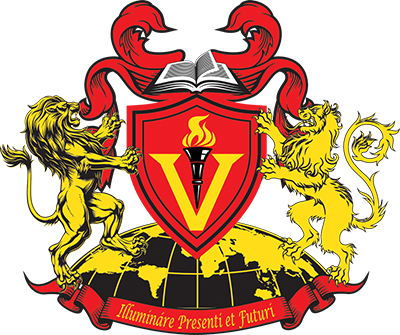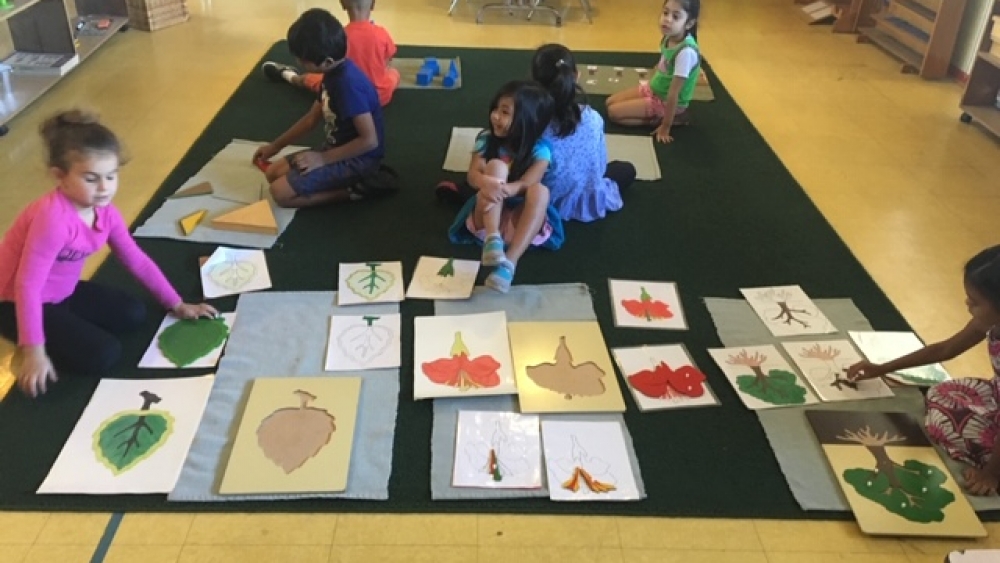If you have been exploring alternative approaches to education for your child, you may have encountered the many proponents of the Montessori method. Parents, teachers, and students alike are enthusiastic about Montessori schools for many reasons. Whether it’s the individualized approach to teaching, the unique learning tools and classroom environment, or the dynamic social connections, Montessori has a lot to offer and Montessori daycare or preschool offers the first step in this journey of learning. Not only is Montessori preschool a solid foundation for primary and secondary programs, but it is also the foundation for lifelong learning that benefits the whole child in these three ways.
Fostering self-directed learning
When Dr. Maria Montessori developed her approach to education, she centered it around the concept that children learn best when they get to own and direct their learning. Schools that use the Montessori method of education put this into practice by creating the ideal circumstances for students to engage and master topics and skills at their own pace. Montessori classrooms are a carefully prepared environment with the learning tools, space, and guidance necessary to help students connect with a range of educational topics in the way that best suits them. Teachers act as facilitators, intervening in the learning process as little as possible to foster autonomy in students as they progress from concrete to abstract concepts. In this way, children benefit from an individual, self-motivated approach to mathematics, language, geography, botany, art, sensorial and practical life skills, and other essential areas of education that teach them about, and how to appreciate, the world around them.
Emphasizing social development
A big component of educating the whole child with the aim of creating confident and competent individuals who benefit their communities is developing a child’s social aptitude. Montessori classrooms have mixed-age groups, allowing students to stay in the same classroom for three years. This means that children have the opportunity to learn from and teach their classmates and be both mentors and mentees in their time in preschool, primary, and secondary programs. Additionally, the Montessori curriculum emphasizes concepts that are fundamental to social development like conflict resolution and caring for the shared environment of the classroom and community. These important skills start in the Montessori preschool curriculum but go a long way outside the classroom as well.
Nurturing a love of learning
Dr. Maria Montessori believed that children possess an innate curiosity and capacity to learn. Just by experiencing and exploring the world around them, children gain the understanding, knowledge, and skills that are central to the pursuit of education. The Montessori method seeks to tap into this curiosity to help children love learning. In the classroom, students are encouraged to pursue their interests, develop resilience in the face of challenges, and enjoy the feeling of success that comes from asking and answering their own questions. When children get to carve their own learning path, they become empowered in their pursuit of knowledge and mastery of skills. This approach to learning can never start too early and can serve children well after they’ve finished school.
Valor Montessori Prep’s goal is to develop confident, competent, self-disciplined and driven individuals, who can work cooperatively for the benefit of society. Schedule a tour of school to learn more.

